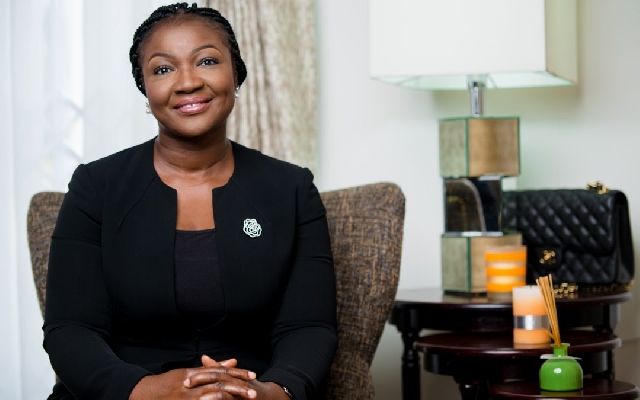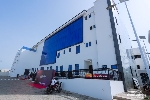Joyce Bawa Mogtari writes on Airbus bribery scandal
 Joyce Bawa Mogtari
Joyce Bawa Mogtari
For all the hue and cry, my point has been simple in the matter of the Approved Judgement by the UK Crown Court in the case of the SFO versus Airbus: no bribes or kickbacks were paid to any Ghanaian officials. The Approved judgement simply mentions that COMMISSIONS paid to Agents of Airbus were in excess of what is approved by the European Commission’s OECD Rules. Simplicita!
But let’s note, also, that the settlement is neither an admission that Airbus is guilty nor that Airbus actually paid what some have classified as bribes to whomever, and definitely not any past Ghanaian government official. The fact, as has been established, that the hands of no official of Ghana was soiled is truly pleasing.
The United Kingdom is conscious of corruption – acts of corruption and conflict of interest issues –involving UK registered international organisations, individuals and companies and therefore passed the Bribery Act, and an even more elaborate legislation – the Foreign Corrupt Practices Act.
Both legislations, more or less, lead to the same conclusions: allow companies caught on the wrong side of the law to pay hefty fines as restitution to ensure, after the fact, that there is no recidivism.
The perpetrators when caught are fined heavily and in this particular case, Airbus has paid a very hefty fine to the tune of €3 billion, the highest so far in recent times and same paid into the UK’s Consolidation Fund to be shared with the other receiving countries, US and France.
Airbus has in the aftermath of the judgement signed a Deferred Prosecution Agreement (DPA).
As earlier mentioned, you will realize that signing a DPA does not infer guilt. It is a quick fix and certainly a cheaper option to a significant conglomerate like Airbus with huge international presence and influential international competitors. A DPA is always preferred. It makes economic sense to the UK and to Airbus to get a slap on the hand by way of a hefty fine and agree to go and sin no more, rather than go through a long, protracted and an even more expensive prosecution spanning 3 different countries.
Many multinationals continue to do business here and in many other countries. What are the practices they employ? Who receives all the slush funds/ money they bring into the countries in which they operate?
Surely, as a country, we would be better served by learning some of the best international practices centred on building rather than destroying. Or have we been blindsided by our own damaging politics and extreme partisanship!
Source: Joyce Bawa Mogtari
Trending News

RNAQ Foundation expands anti-hunger crusade to Techiman
18:15
Energy Minister pays tribute to late Prof. Thomas Mba Akabzaa at final funeral rites
16:42
Show of force misplaced — Minority slams security exercise in Accra
18:48
Police arrest two over viral video of child abuse at Agona Jamasi
15:45
Jospong Group builds landmark Pentecost church for community
13:56
Police caution public against unauthorised siren, strobe lights usage
19:21
Ashanti Region secures UNFPA support to integrate youth into development planning
15:04
Minority demands briefing on Govt’s relief support to Jamaica, Cuba
18:43
Ofankor domestic violence case: Accra circuit court grants John Odartey Lamptey 100,000 cedis bail
16:47
Utilize capital contribution policy-PURC to consumers.
08:49



